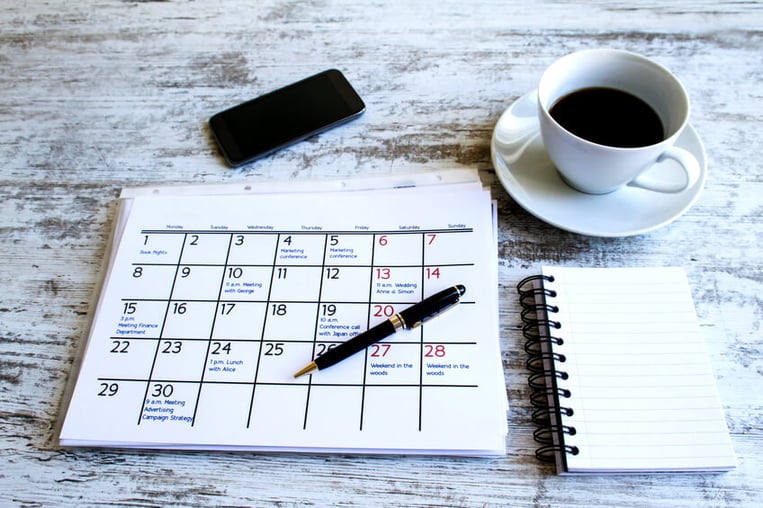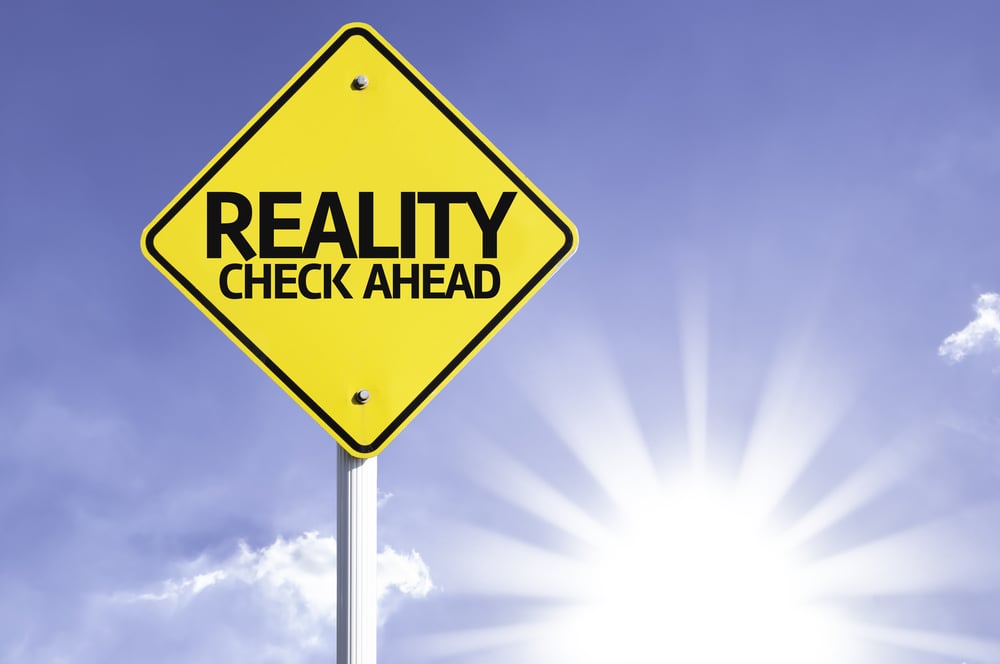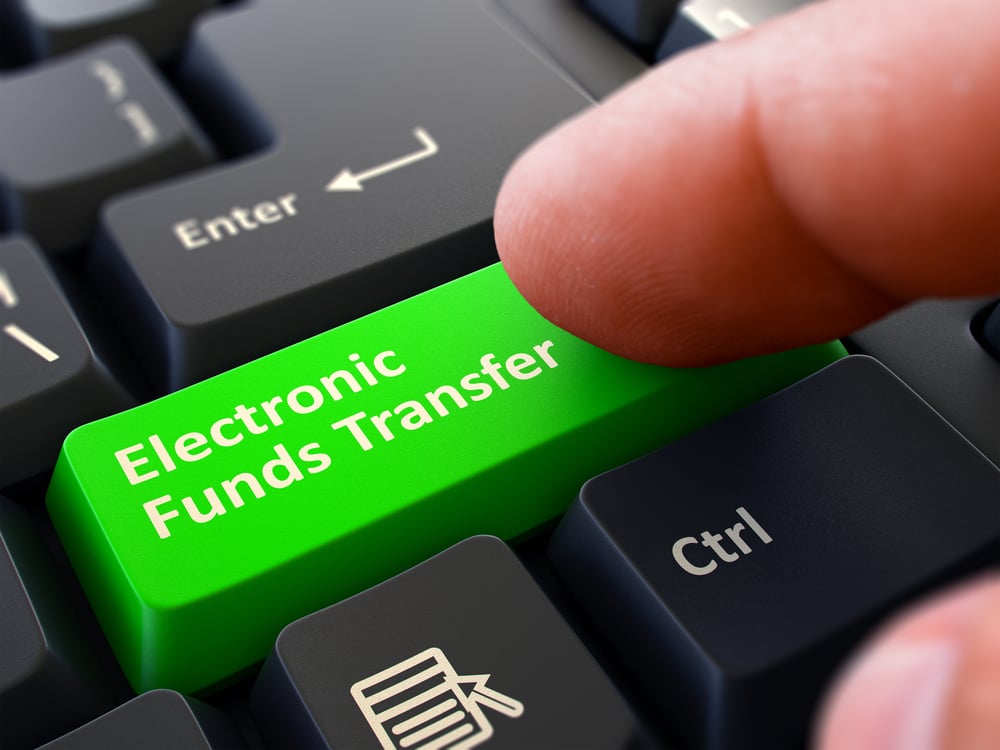
Wouldn’t it be great if every time you send a collection letter, your customers respond and pay the invoice right away? Unfortunately, it doesn’t always work that way and you may eventually have to make a collections call.
Let’s face it, making collection calls is no fun. In fact, some companies let their past due accounts pile up simply because debt collection calls are awkward and uncomfortable, making it really easy to put off or avoid completely.
But if you have a plan and know how to prepare for collection calls, it can ease the anxiety and help to put a dent in that stack of overdue invoices.
Making Collection Calls: Set the Right Tone
Of course the goal and purpose of a call is to collect the debt. But remember that this is also a customer that may bring you continued business so you don’t want to ruin the relationship by being rude or overly aggressive.
When speaking with your client, be courteous and professional. They may become angry or belligerent. But if you remain calm throughout the conversation, you may find that the tension can be relieved. Give them the courtesy of listening to their situation and when you understand the issue, you can offer a solution that works for both parties.
Keep in mind that your client might be going through tough financial times. In fact, they may owe money to other creditors as well. And the reality is they can probably pay some creditors now, but not all of them. You want to do everything you can to make sure they pay YOU first. While other collectors may take a more heavy-handed approach, your calm and respectful demeanor will go a long way.
It’s like mama always says, you’ll attract more bees with honey than with vinegar.
Before You Pick Up the Phone
Of course collection calls are difficult, but preparation (including having a call script) before you pick up the phone can ease the anxiety. Here are some tips to keep in mind:
- Be familiar with the details of the past due invoice and have a copy to refer to. Also, investigate the client’s order, payment history, and other open invoices.
- Make a list of possible excuses and prepare your rebuttals. Practice out loud, if that helps. For example, the client might say they never received the invoice. You can answer, “I can get it to you right now. It was previously mailed/emailed to <address>. Is that correct?
- Dial the phone with a good attitude. You’re calling to collect a debt and help your client remain in good standing. Be respectful of their situation.
Documenting Your Call
Be prepared to take notes when making a collections call so you can update your files. If you eventually pass the account to a collections agency, every contact attempted or made must be documented and – if it goes far enough – provided as proof in court.
When you make a collections call, create a date- and time-stamped note on the customer’s account. You should include details like who you spoke to, their role in the company, what you discussed, the reasons and details they provided for lack of payment, and any agreements or promises made during the conversation.
💡 TIP: Accounts Receivable and Collections software like Collect-IT helps document all customer communication, manage template collections letters and call scripts, and standardize the timing of your reminders to help take the stress out of collecting payment on past due invoices.
📝UP NEXT: Now that you’ve prepared for the collections call, be sure to check out the next article in this series How to Write the First Collection Call Script
How to Write the First Collection Call Script
Want More Tips, Templates and Guidance Like This?
Click below to download our Ultimate Guide to AR Collections where you'll find 27 pages of expert advice, best practices, industry benchmarks, and loads of letter templates and call scripts.









